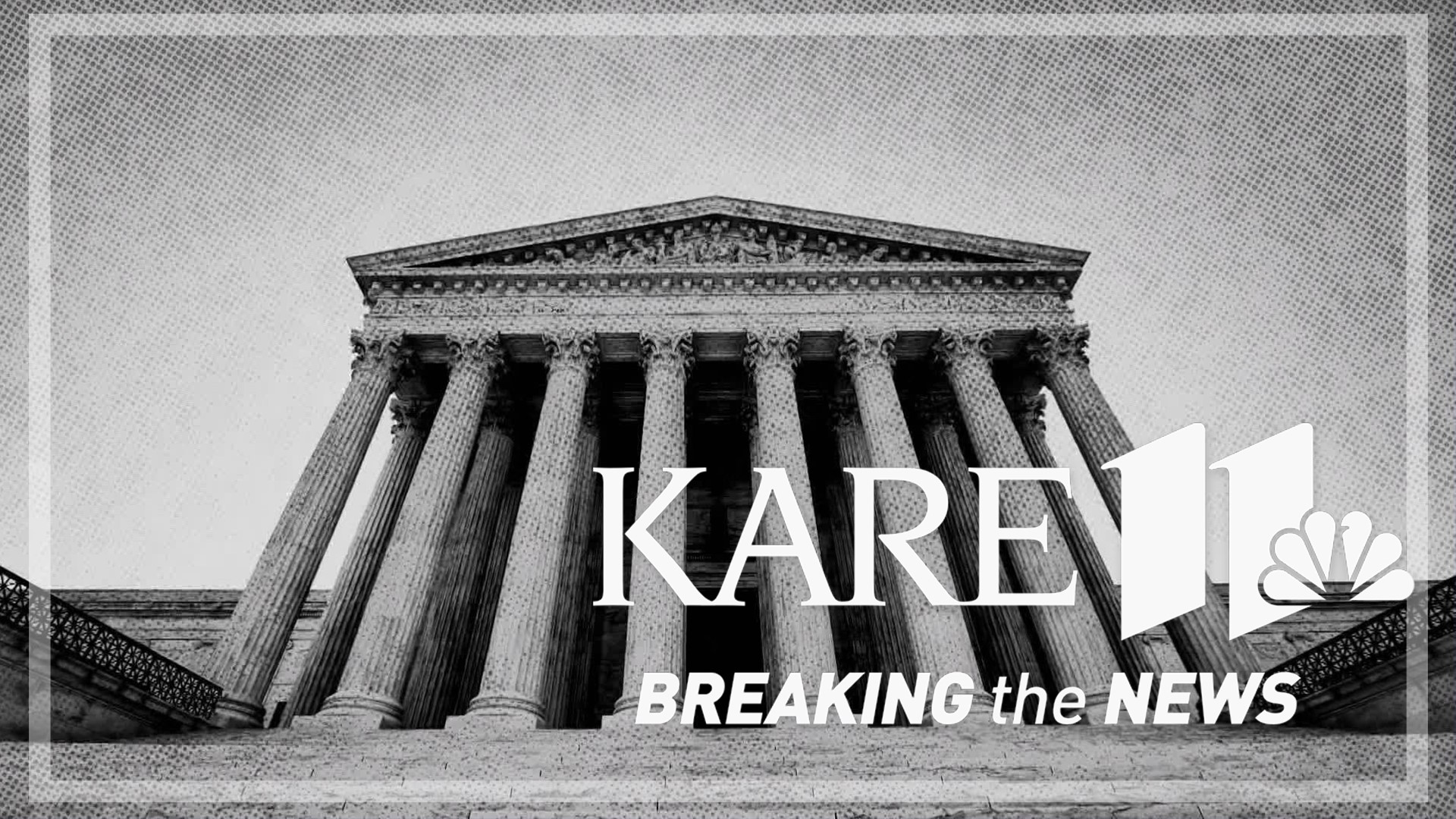MINNEAPOLIS — Just days after Roe v. Wade was overturned, states have already begun to prepare for fierce legal battles. While some have already moved to ban access to abortion, others are working to defend and expand access to it.
"I think we're about to enter, or may be at the starting stages, of a legal civil war about abortion," said University of Minnesota Law Professor Jill Hasday. "There's a number of potential conflicts."
Hasday said one of the first areas of conflict will involve women who travel to a state like Minnesota to access abortion services and then return to a state where it is illegal.
On Monday, 22 state attorneys general vowed to defend the right to access abortion and fight against prosecution efforts aimed at women who cross state lines, but Hasday says those efforts could face legal challenges.
"States can't do something that prevents you from being able to freely access all parts of the nation," she said. "Justice Kavanaugh, in his concurrence, says he believes in the idea of there being a constitutional right to travel interstate. In other words, he's signaled that he's not sympathetic to the efforts of — say Texas — to stop you from going to another state, or for punishing you from going to another state and doing something that is legal there and coming back. But that's not in the majority opinion."
Minnesota Governor Tim Walz signed an executive order on Saturday, offering legal protection to people from out of state who come to Minnesota for reproductive health services, and Minnesota Attorney General Keith Ellison says he is poised to follow through.
"What you do in Minnesota that is lawful in Minnesota is lawful if you go back home," Ellison said. "And we're gonna protect those rights for people who have the right to travel to Minnesota."
But Hasday says states like Minnesota may only be able to do so much.
"The unsettled question is, to what extent do (states) have a choice?" she said. "For example, there's something called the Full Faith and Credit Clause in the Constitution, which requires states to respect each other's judgments."
Hasday says a similar unsettled question applies to providers from Minnesota, and other states like New York, who might perform abortions or prescribe abortion pills to women from Texas, despite a state law allowing for providers who provide aid to abortion seekers to be sued.
"What if there is a judgment in Texas against a New York doctor for violating Texas law?" Hasday said. "Even if the New York doctor doesn't show up (in Texas), you can still have a judgment against you. Would the New York courts have to enforce that? It's just not clear, and that's going to be very contested."
Kent Erdahl: "What is it going to take to resolve some of this? Is it going to have to wind it's way to the court? Are we going to have uncertainty for, potentially, years?"
Hasday: "Yes, this is not a one and done. One of the interesting aspects of the majority opinion in the Supreme Court overturning Roe, is the sense that this is going to calm things down. It's just not. I think we already see that in the first few days, there's going to be endless conflicts."
Watch more local news:
Watch the latest local news from the Twin Cities in our YouTube playlist:

